 A journal has retracted a 2012 paper after determining that the authors had already published it elsewhere.
A journal has retracted a 2012 paper after determining that the authors had already published it elsewhere.
According to the retraction notice, the editors-in-chief of the Journal of Occupational Medicine and Toxicology concluded that the article had been published in another journal—In Vitro Cellular & Developmental Biology – Animal—the previous month. The authors, however, did not agree to the retraction.
The research, led by Ali Khavanin, who is based at Tarbiat Modares University in Tehran, Iran and is corresponding author on both papers, evaluated whether the vibrations from industrial machinery can harm hearing in rabbits (1, 2).
Here’s the retraction notice for “Assessment of the influence of whole body vibration on Cochlear function”: Continue reading Journal retracts paper it says authors published twice. Authors disagree.

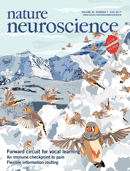
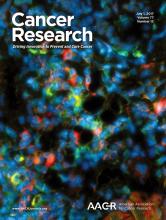

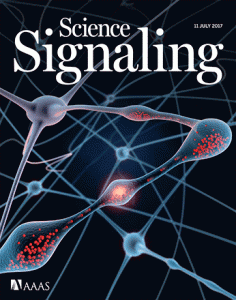
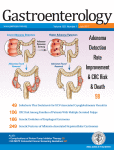
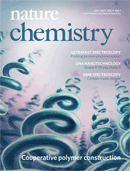

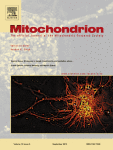 After
After